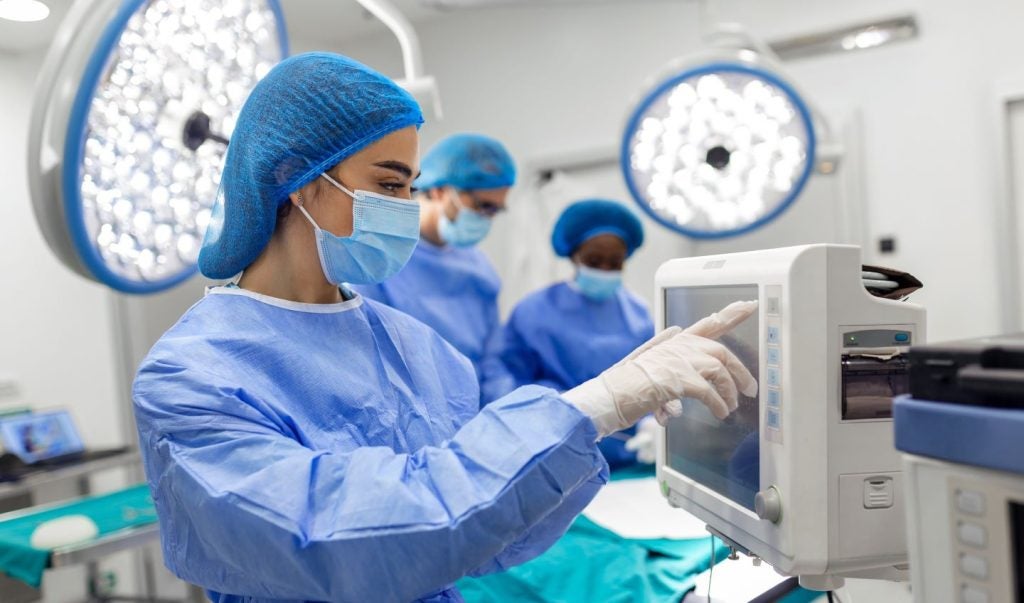
The Australian Government has announced A$50m ($32.69m) in funding for the Artificial Heart Frontiers Programme, which aims to advance and commercialise implantable cardiac devices to provide long-term solutions for various forms of heart failure.
The funding marks the third-largest grant issued in the nearly decade-long tenure of the Medical Research Future Fund (MRFF).
Monash University will lead the consortium, which will develop three ‘life-changing’ cardiac technologies.
The three devices include the Mini-Pump, a compact device implanted directly in the heart for patients with no alternative treatment options; a new Left Ventricle Assist Device (LVAD) type that aids the natural heart in pumping; and BiVACOR’s Total Artificial Heart (TAH), which completely replaces a patient’s heart.
Together, these innovations form what is termed the Total Artificial Heart.
The consortium comprises: the Alfred, Baker Heart & Diabetes Institute, BiVACOR, Griffith University, St Vincent’s Health Australia, University of New South Wales, University of Queensland and University of Sydney.
How well do you really know your competitors?
Access the most comprehensive Company Profiles on the market, powered by GlobalData. Save hours of research. Gain competitive edge.

Thank you!
Your download email will arrive shortly
Not ready to buy yet? Download a free sample
We are confident about the unique quality of our Company Profiles. However, we want you to make the most beneficial decision for your business, so we offer a free sample that you can download by submitting the below form
By GlobalDataThe Monash Alfred Baker Centre for Cardiovascular Research at the Alfred will be the hub for this project.
Current heart devices are limited by a fixed blood flow rate, which can leave patients breathless and restrict their activities. The new devices aim to overcome this limitation, offering a more natural and responsive solution.
Clinical trials for these devices are scheduled to begin soon at the Alfred in Melbourne and St Vincent’s Hospital Sydney.
The TAH is anticipated to hit the market by 2025, with the new LVAD and Mini-Pump expected to follow in 2029 and 2031, respectively.
By 2036, the programme is projected to deliver A$1.8bn of benefits to Australia, including healthcare system savings, growth in local research and manufacturing industries, the creation of more than 2,000 jobs, and providing Australians with early access to clinical trials and advanced technologies.
Monash Alfred Baker Centre for Cardiovascular Research lead Kaye said: “By providing for the first time an automatic physiological response, these devices will significantly improve the quality of life of patients, allowing them to complete standard daily activities without shortness of breath.”







